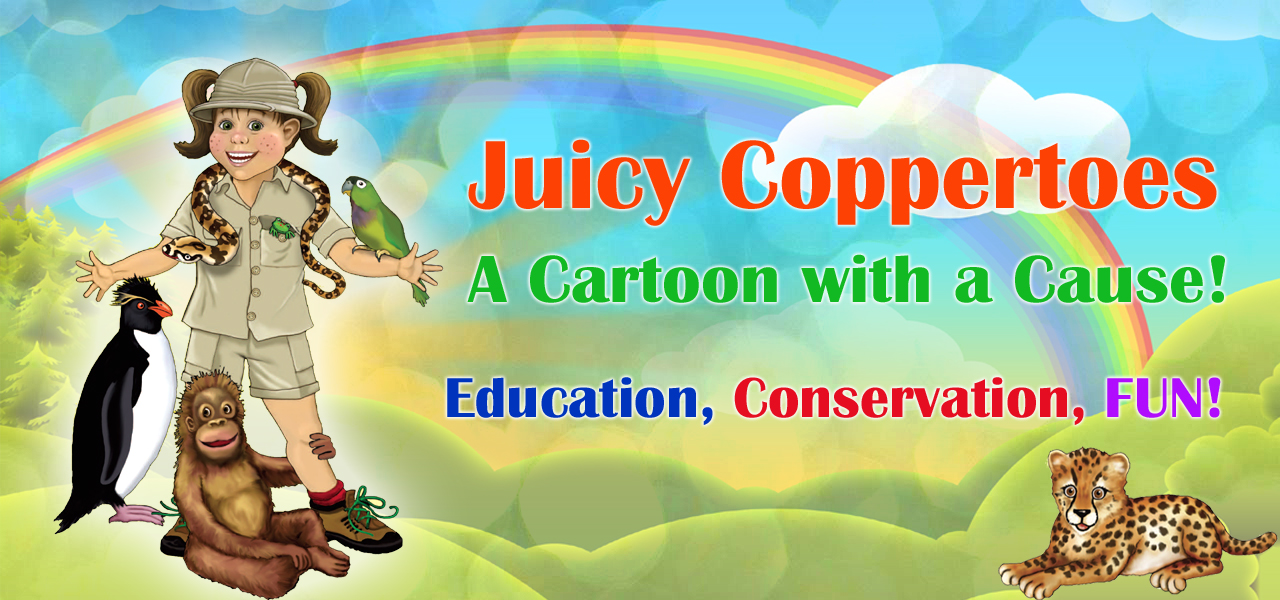
What is Conservation?
Conservation is an ethic of resource use, allocation, and protection. Its primary focus is upon maintaining the health of the natural world, its fisheries, habitats, and biological diversity. Secondary focus is on materials conservation, including non-renewable resources such as metals, minerals and fossil fuels, which is important to protect the natural world. Those who follow the conservation ethic and, especially, those who advocate or work toward conservation goals are termed conservationists.
What is Wildlife Conservation?
Wildlife conservation is the preservation of the Earth’s natural resources like oceans and rain forests. By conserving entire ecosystems we also protect the plants and animals that live in them.
Why Wildlife Conservation important?
Sadly, the disappearance of even one species can change an ecosystem (hyperlink to glossary) because each animal, plant, insect and even bacteria is important part of how each system works. You couldn’t you’re your skateboard if you did not have the ball bearings in the wheels could you? Nature’s web works in a very similar way. Each part relies on the existence of the others. This creates a delicate balance between all parts of the ecosystem and if one piece is removed then all the others will suffer from this loss. The effects can be devastating and often lead to the loss of other species as well.
Why is this important?
In the United States alone there are over 1,000 endangered species and the list grows larger every year. By preserving an ecosystem all of the species living in it are protected. With strong laws and a caring public the plants and animals living within those ecosystems can thrive. With time and protection we can start to remove many animals from the endangered species list, we as humans maintain our own quality of life.
Are some species more important to save than others?
The answer is no. We are often taught that species like whales, eagles, and wolves are the only important animals to conserve. But by not conserving the grass growing on the plain, and the rabbit and deer who eats the grass there would be no wolf to conserve. All species living in an ecosystem are important to every other species that lives there.
What will happen if we don’t conserve?
We are already seeing what happens when we don’t conserve our natural resources. Each year more and more animals are lost to extinction. This means they no longer exist. Can you imagine living in a world with no lions? Or Tigers? Or elephants? Or even the hawk that flies over your house?
What can you do to end this?
Yes, and we will. It will all start with the most important group in our country, you, the kids that care. These are pieces of your future that are lost each day due to carelessness. When you raise your voice others will listen because this planet will belong to you long after many of us are gone. It is up to you to decide how you want nature to look.
Other endangered or threatened organisms include specific species of shrimp, frogs, butterflies, grasses, spiders, fish, clams, rice, snails, turtles, birds, orchids, squirrels, mice, deer, bats, and cacti.
We are a part of the Natural World and for every plant and animal species that is lost we loose a part of our heritage.
Loss of a single species from its ecosystem affects others that rely on it. The disappearance of one plant species may affect an entire food chain. Starting with insects that live or feed on the plant, moving on to the birds and frogs that eat the insects, and ending with the larger animals like snakes, hawks, and foxes that prey on the birds and frogs.
Over 1,000 different species in the United States are listed as endangered or threatened.
Back to main CONSERVATION Page:
